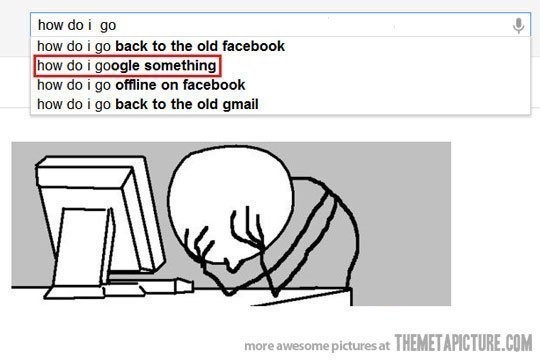
Collord – Digital Bike Riding
I fully appreciated Keri Franklin’s honesty in her failure. I, too, had to create a Twitter for a class and could not figure out how it worked. Unlike Franklin, however, I gave up on Twitter once the assignment was concluded. I found it to be rigorous and vain. Of course, I’m not trying to imply users are vain, but I didn’t find any useful application for it in my own life. In this manner, I avoided a new and popular literacy. In fact, I didn’t even merely avoid Twitter, I openly rejected it. What kind of society can have people who can choose to accept or reject forms of literacy? That would seem to imply that there are such a vast level of literacies, that each person can choose to be proficient in one over another and so on. How fascinating is that?
Digital literacies have opened a whole new world of proficiencies and languages for users. Sponsors for digital literacies are a rather abrupt shift away from traditional sponsors of the past (teachers, parents, etc.). In fact, it can be recognized that the sponsees of old are now the sponsors for their own sponsors. How many people in this class have taught their parents or grandparents how to use a smartphone, a laptop, or another digital program? Additionally, we aren’t only sponsored by people in the digital world. It might even be more prudent to recognize that digital sponsors have been one of the largest parts of our growing digital literacy. Google and all of its applications, Microsoft, YouTube with its “how to” videos, and online articles have all been massive sponsors in my digital literacy. This is exceptionally different from sponsors of print-based literacies because it is a whole other medium of literacy.
Other than Twitter, my most recent experience with learning a literate practice was Edmodo. I was required to make an account for my job as a writing tutor in the Student Learning Center. This digital form was a rather easy transition to accept. Since I had had a Facebook account 4 or so years ago, I remembered a lot of the layout which was similar to Edmodo. In this way, taking on this new literacy was not so “new” after all. That brings up an interesting idea though. It would seem that operating a lot of these digital systems and having a basis in digital literacy is like riding a bike. Once you have the foundation, you don’t forget how to use it. For the smaller, more technical aspects of a digital literacy, there is certainly a learning curve and sometimes even a learning ceiling for many people (i.e. my sister has never been able to figure out the FAFSA), but the point remains that there is some seemingly perpetual understanding of the broader scope of a digital literacy once it is learned.
Or not. I could just be making all of this up. It sounded good though, right?
Oh wait! I just remembered: my most recent digital literacy was actually making a website for my mom’s fourth grade class. That was a little tougher to figure out, but still manageable, especially since I knew how to upload pictures, etc. I tried to show my mom how to do it, but she wasn’t getting it. See the link below for an interesting discussion of crystallized vs. fluid intelligence.
http://psychology.about.com/od/cognitivepsychology/a/fluid-crystal.htm
In any case, I created a nice website for my mom. And, of course, I made sure it looked and operated better than the other teachers’ sites. Was that passive-aggressive?

 Website:
Website:
One Reply to “Collord – Digital Bike Riding”
I like the point you make on having such broad literacy that we can even choose to reject some. Your whole idea of the shift of sponsors from our parents and older generations, to making ourselves sponsors for these older generations very interesting. Younger generations are quick to adapt to new technology and use their beginning literacy skills to decode and plunge to the depths of these new devices.